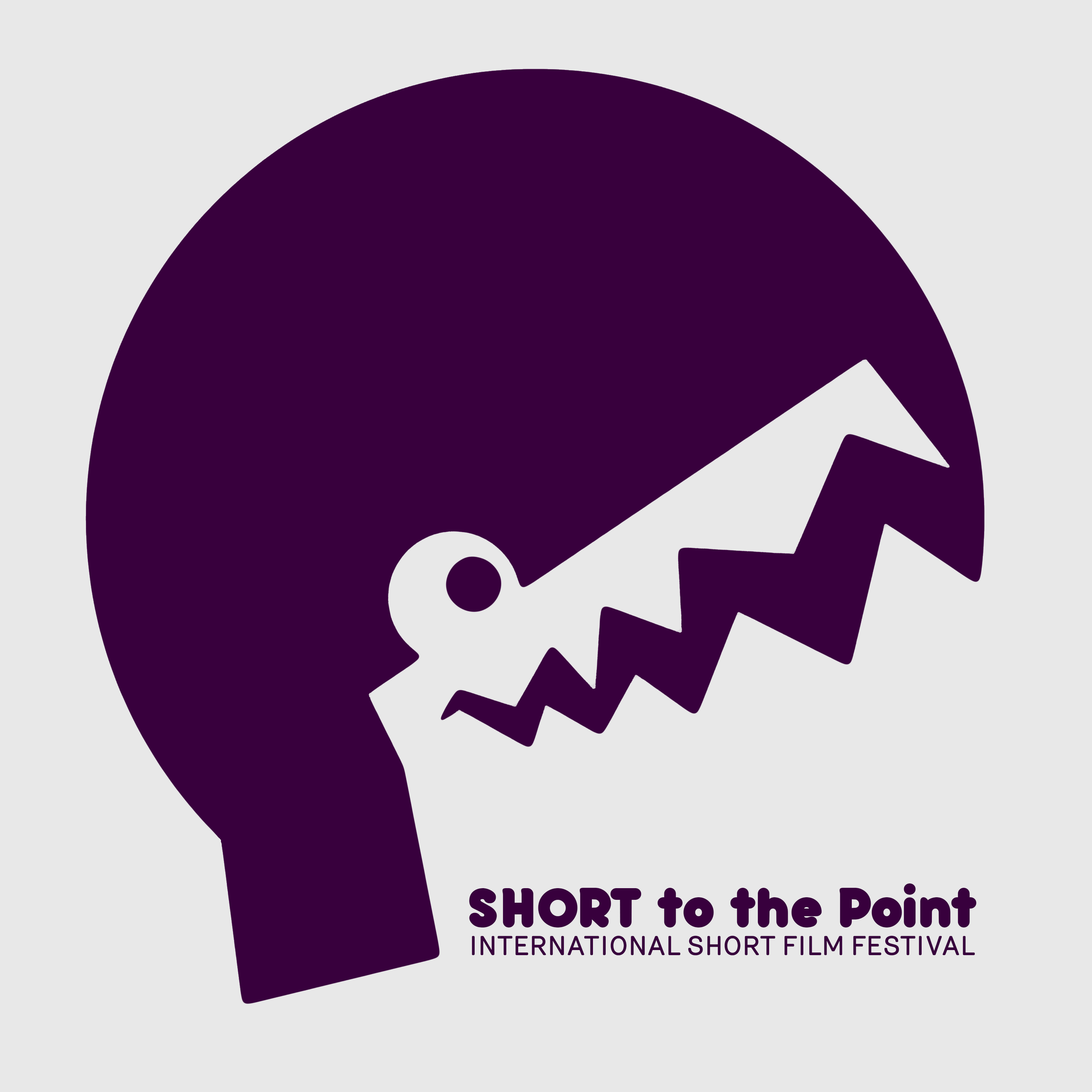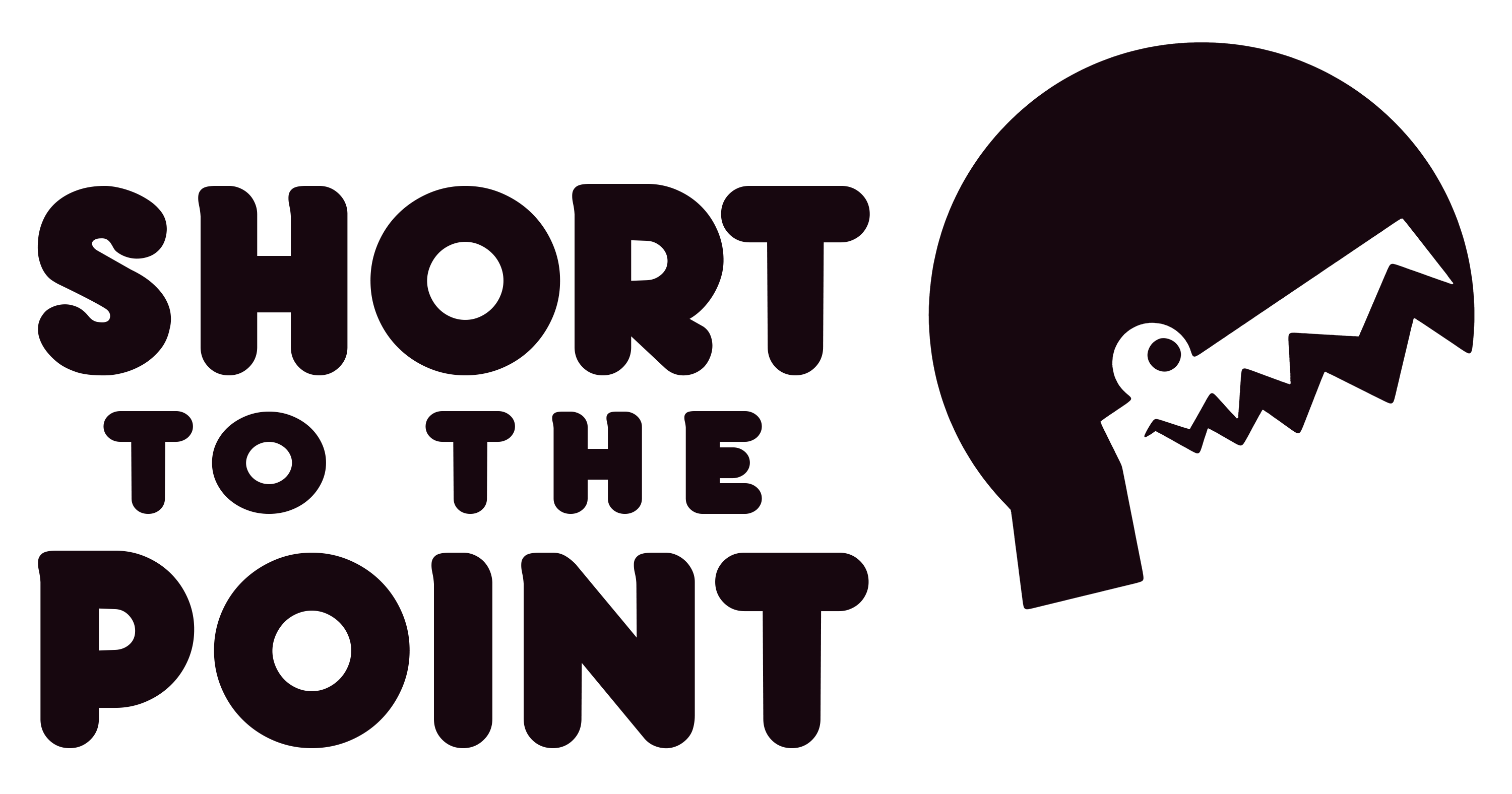- Was there a particular event or time that you recognized that filmmaking is your way of telling stories?
When I shot my first run with my actor friend following a challenge of this one in 2013, I felt that I was made for that.
- Do you think it is essential to go to a film institute in order to become a successful filmmaker?
No it can help but what is matter is to work and love what we do.
- Is it harder to get started or to keep going? What was the particular thing that you had to conquer to do either?
Yes, it’s not easy especially for me because I’m self-taught and I did not know where to start. I made a lot of mistakes and I learned. You have to jump in and out of your zone of trust.
- What was the most important lesson you had to learn that has had a positive effect on your film?
How did that lesson happen? It is necessary to repeat a lot with the actors and to leave them a freedom of play when he builds the character because in the end the film depends on them.
- What were the production realities from casting through editing that you had to accommodate? How did you navigate those compromises or surprises and still end up with a cohesive film?
That the film is built from a multitude of decisions, from the smallest to the most important. It is these thousands of decisions that build the film and often they are dictated by instinct.
- What was the hardest artistic choice you made in the making of a film, at any stage in production?
To shown or not Vincent naked.
- You are a collaborator. How have you discovered members of your team and how do you keep the relationship with them strong?
It was introduced to me by the production and I hope to work again with many of them.
- What do audiences want? And is it the filmmaker’s role to worry about that?
I believe that human beings need to be told and that it is the role of the filmmaker to give them pieces of themselves in the film. Then the way it’s done must go back to the director.
- What role have film festivals played in your life so far? Why are they necessary? How do you get the most out of them?
Festivals let you know where the film is. Because personally when the film is finished I do not know anything about the film. In fact, he does not belong to me anymore.
- Do you believe that a filmmaker should be original and fresh or he/she should stick to classic but safe cinema style?
I think everything has been said but no one is listening. No matter how to tell a story, what matters is to repeat with your own vision.










